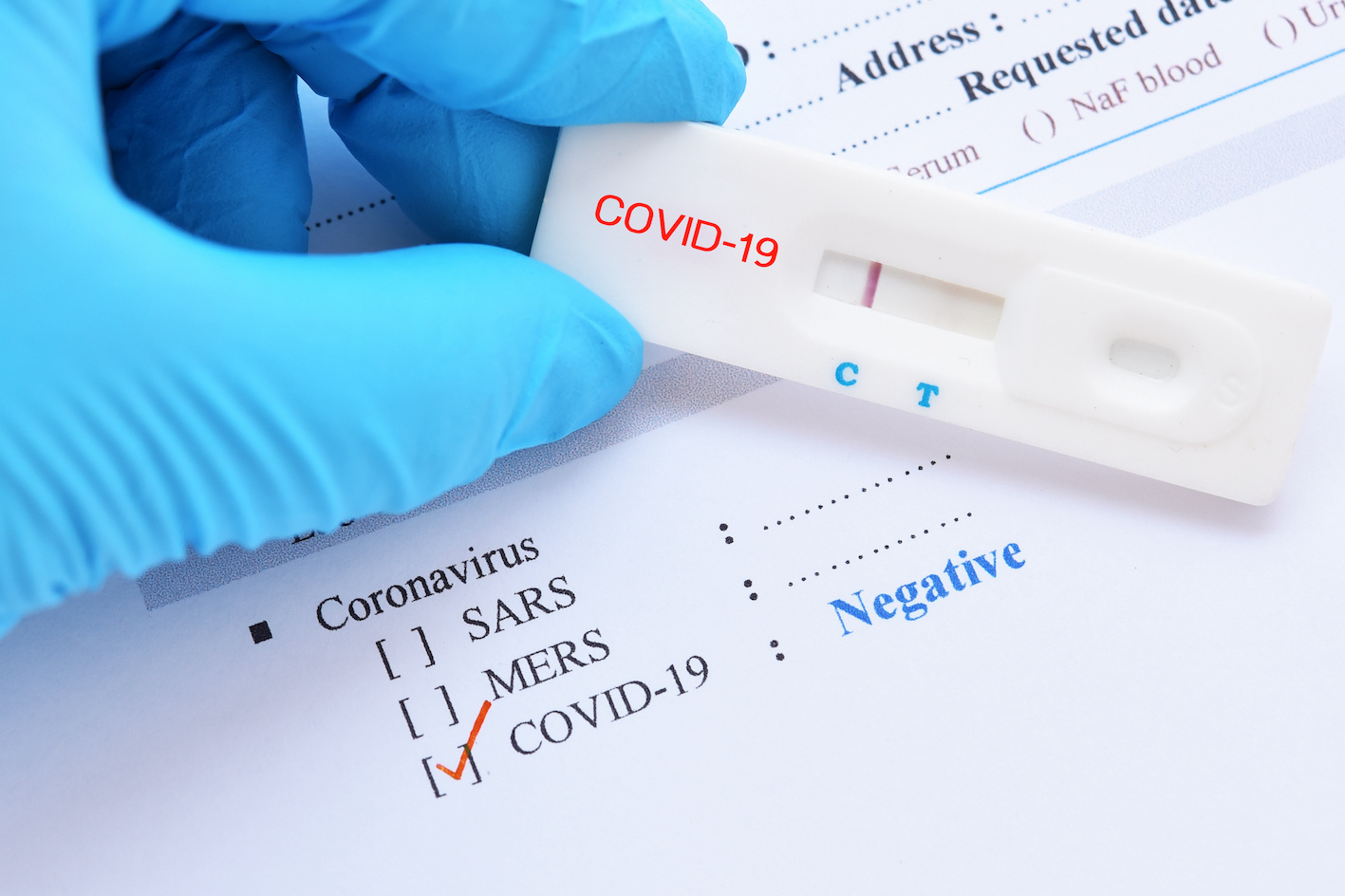« Les hôpitaux sont un lieu de convalescence et suivent des mesures d’hygiène strictes afin que les agents pathogènes ne se propagent pas au sein des structures.
Néanmoins, même aujourd’hui, en période de pandémie, les patients qui se rendent à l’hôpital pour une intervention chirurgicale peuvent y être infectés par le Covid-19.
Dans ce contexte, nous aimerions poser les questions suivantes à Madame la Ministre de la Santé :
– Madame la Ministre dispose-t-elle de statistiques sur le nombre de patients ayant été infectés par le Covid-19 au sein d’un hôpital ? Dans la négative, Madame la Ministre ne pense-t-elle pas utile de collecter ces données ?
– Combien de tests rapides ont été utilisés jusqu’à présent dans les hôpitaux et les structures de soins du pays ? À quel moment les tests rapides sont-ils utilisés dans les hôpitaux et les structures de soins ? Combien de patients et combien de membres du personnel ont été testés jusqu’à présent ?
– Le personnel des hôpitaux et des structures de soins est-il testé quotidiennement avec des tests rapides ? Dans la négative, Madame la Ministre est-elle d’avis que le personnel devrait être soumis à des tests quotidiens pour protéger les patients et les personnes vulnérables ? »






